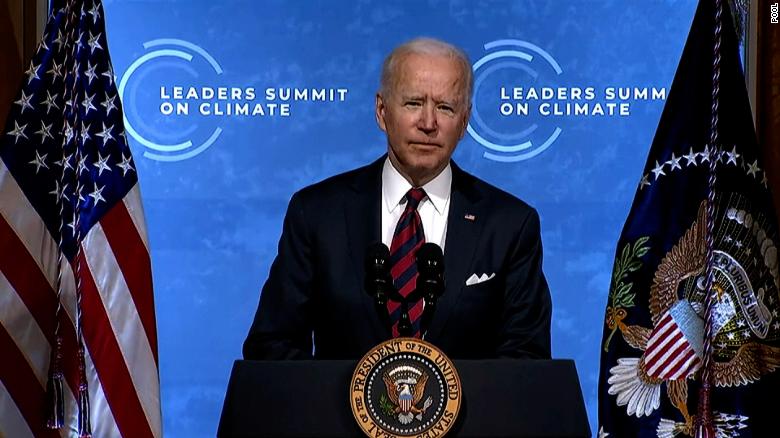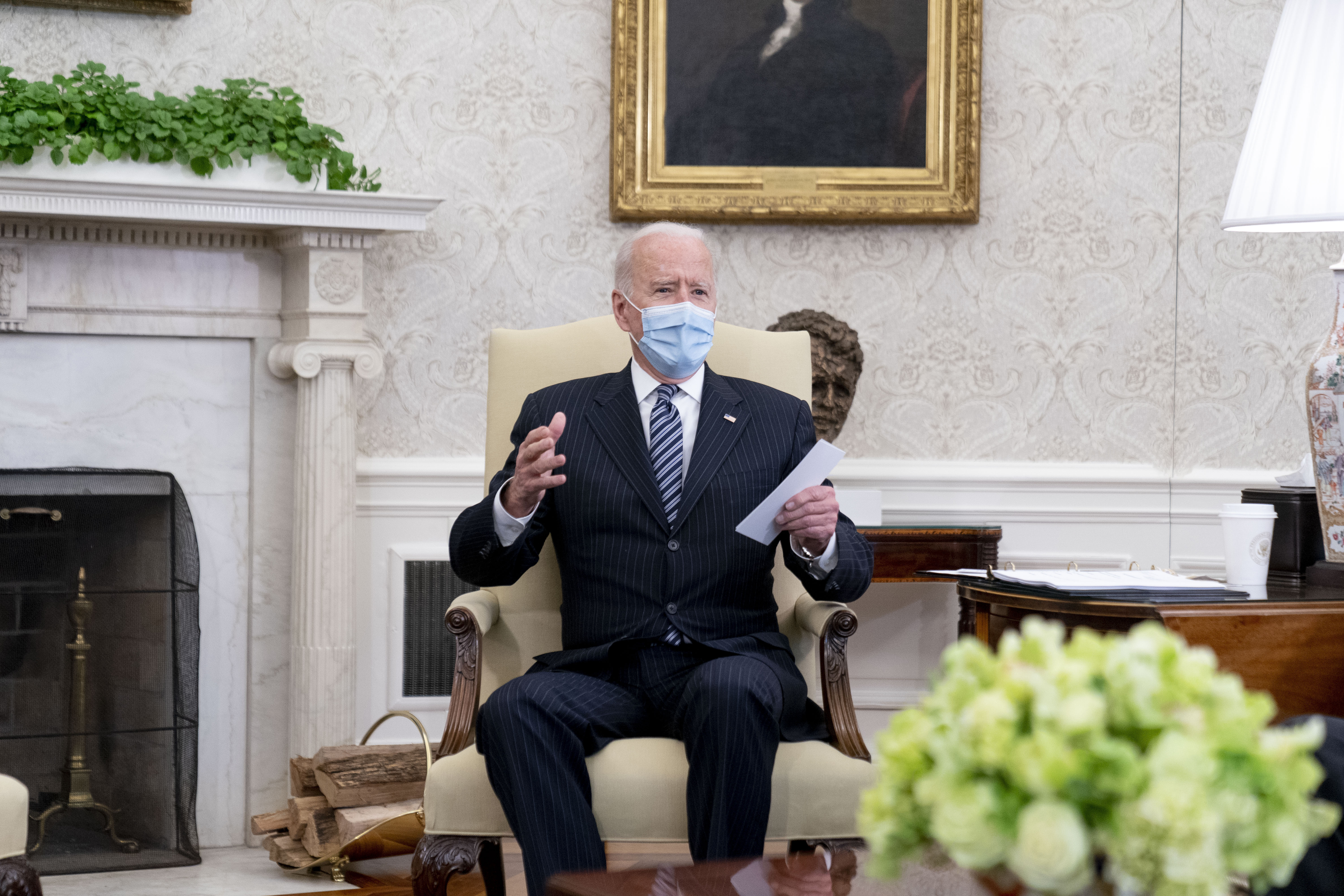By Robert Farley

How are the great powers of the Indo-Pacific managing the military problem of space? In 2020 the United States stood up the U.S. Space Force, an independent service dedicated to the military aspects of space. This represents one institutional solution to space, but hardly the only one. Beginning with India, this series explores how several countries have determined to solve their military space problems through institutional reform.
Historically, the Indian defense establishment has been bedeviled by a set of interconnected problems, including a sclerotic procurement system, poor civil-military relations, and difficult inter-service integration. Space warfare depends on a foundation of cooperation between civilian and military institutions, but if done successfully can facilitate tight integration and even fusion between military and intelligence services. Consequently, India’s efforts at developing space capabilities deserve close scrutiny. The Indian Space Research Organization (ISRO), a civilian agency, has coordinated India’s military and civilian space programs since the 1960s. However, in 2019 India took major technological and institutional steps toward marshaling a globally competitive space warfare capability.
India conducted a successful anti-satellite test in March 2019. Although Indian authorities took steps to limit the extent of the debris field caused by the destruction of the satellite, it nevertheless resulted in some 400 fragments, many of which remained in low earth orbit for some time. The test placed India in the company of China, Russia, and the United States in terms of fielding a practical anti-satellite capability.









